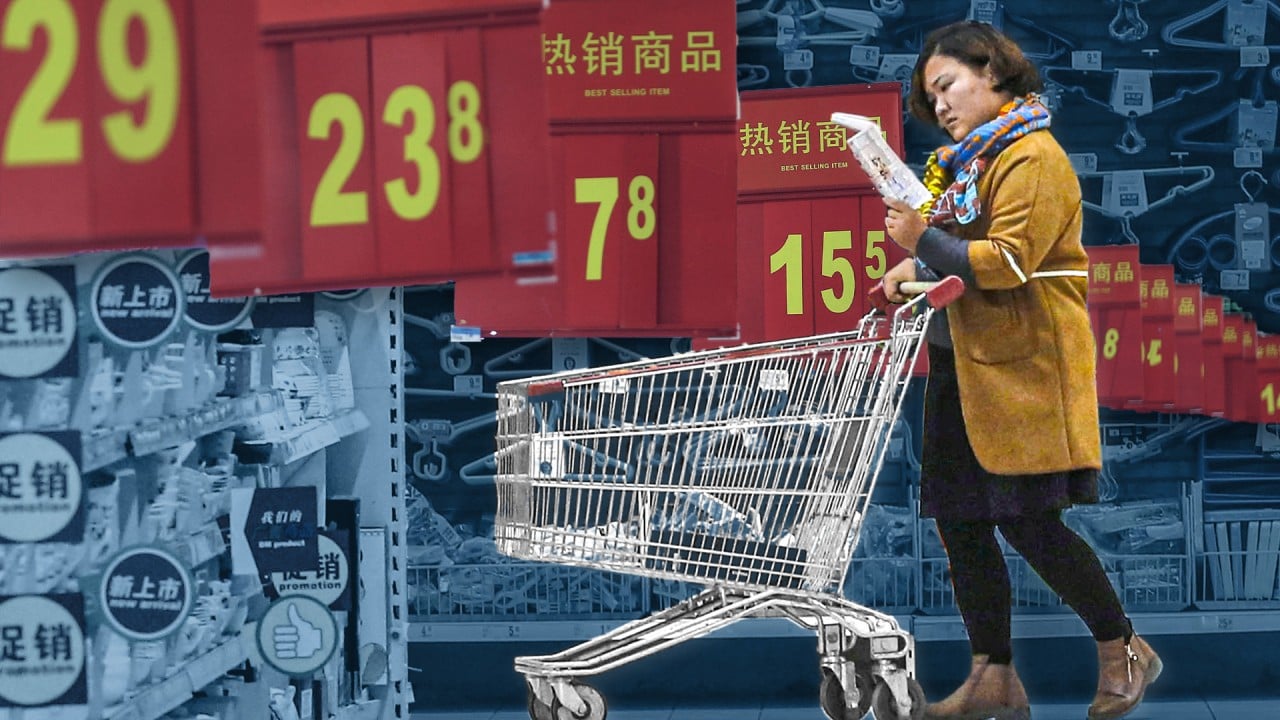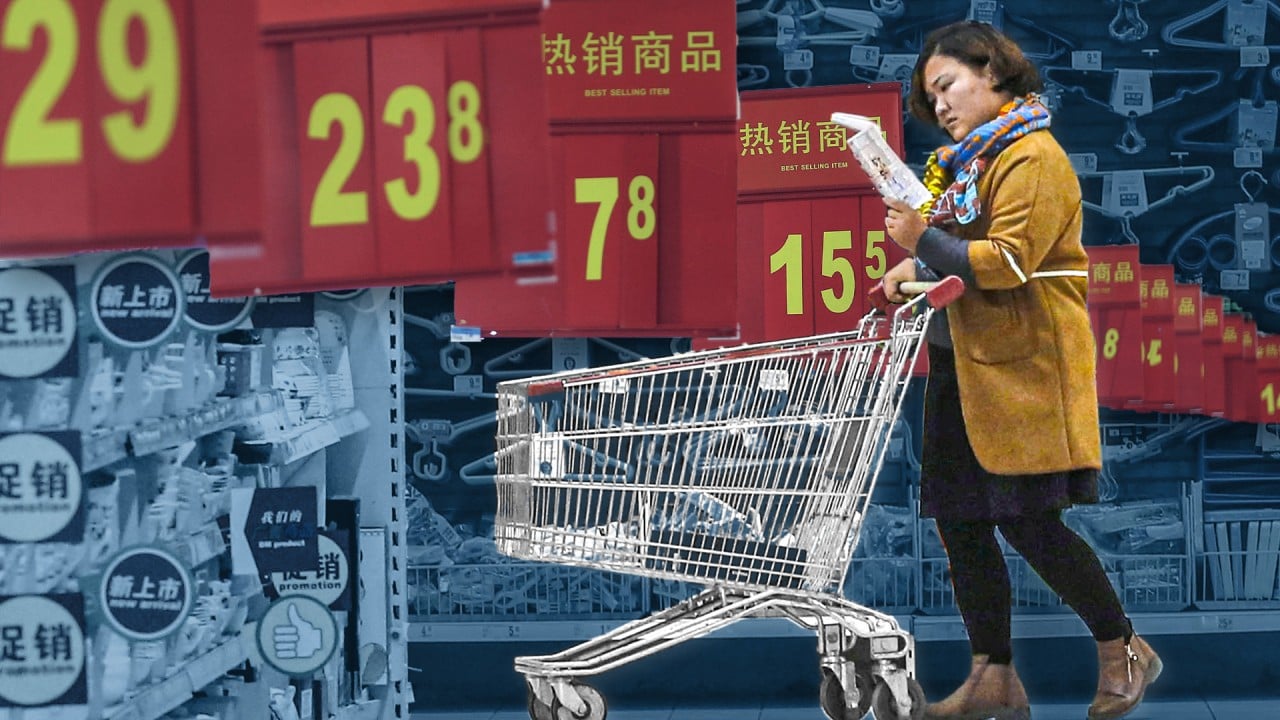An elusive solution to China’s weak consumption has been weighing on policymakers as Beijing banks on increased spending for future economic growth amid subdued external demand.
Despite a raft of policies and pledges, Chinese consumers, haunted by cloudy economic prospects and reduced income, remain reluctant to spend unless there are obvious benefits.
The State Council released a 20-point directive at the weekend, vowing to increase support for nursing care, consider an extension of visa-free entries for more countries and encourage “low-altitude tourism” to spur spending on services, a sector that is growing faster than goods.
China has also allocated around 300 billion yuan (US$42 billion) worth of ultra-long-term special government bonds to support industrial-equipment upgrades and a consumer goods trade-in programme – a programme analysts argue would play a crucial role in stabilising China’s economy in the second half of the year.
However, consumers who are growing increasingly cautious about spending their hard-earned money, remain unimpressed.
Only when I am making more money would I be willing to spend more
“No measure is good unless it gives me money,” half-jokingly said Beijing-based paralegal Guo Yijia.
Guo had considered the home appliances trade-in programme, but it does not seem to be a great deal, with her old washing machine only worth a small amount on online retailer JD, and her air conditioner installer offering a larger discount.
“For instance, if social welfare, such as benefits that cover medical and maternity insurance, improves, and I can feel like I don’t have concerns, I would be more willing to spend.”
Guo saw her income fall by half after switching careers, and has cut back her expenses in the past years, making coffee at home and buying cheaper clothes online.
Amy Wang, an entrepreneur in the outdoor activities industry based in Shanghai, also said the measures released in dribs and drabs had zero effect on her.
“Only when I am making more money would I be willing to spend more,” she said.
Wang added that her income has been slashed due to the slump in the investment market, forcing her to cut discretionary spending and to start taking public transport.
As people reduce spending, consumer industries have lowered their prices and launched budget-friendly options, such as the “poor man’s meal” – a term that has gained traction online among young adults, as it refers to the cheapest and the most basic menus in restaurants.
China’s 4.7 per cent economic growth in the second quarter has made the annual growth target of around 5 per cent more precarious, with growth levels in retail sales and fixed-asset investments, as well as real estate investment, continuing to disappoint.
And despite the repeated determination vowed by Beijing, including in the Politburo’s midyear economic review that underlined consumption as a focus in expanding domestic demand, business and consumer confidence has remained tenuous.
Beijing-based analyst Joe Zhou said although his income has not been affected by the overwhelming economic downturn, he has become increasingly cautious about spending and has avoided advance consumption due to weakened expectations.
He bought a car a few months ago, but he viewed the purchase as essential as a newlywed.
“The incentives didn’t fall on me,” he said.



